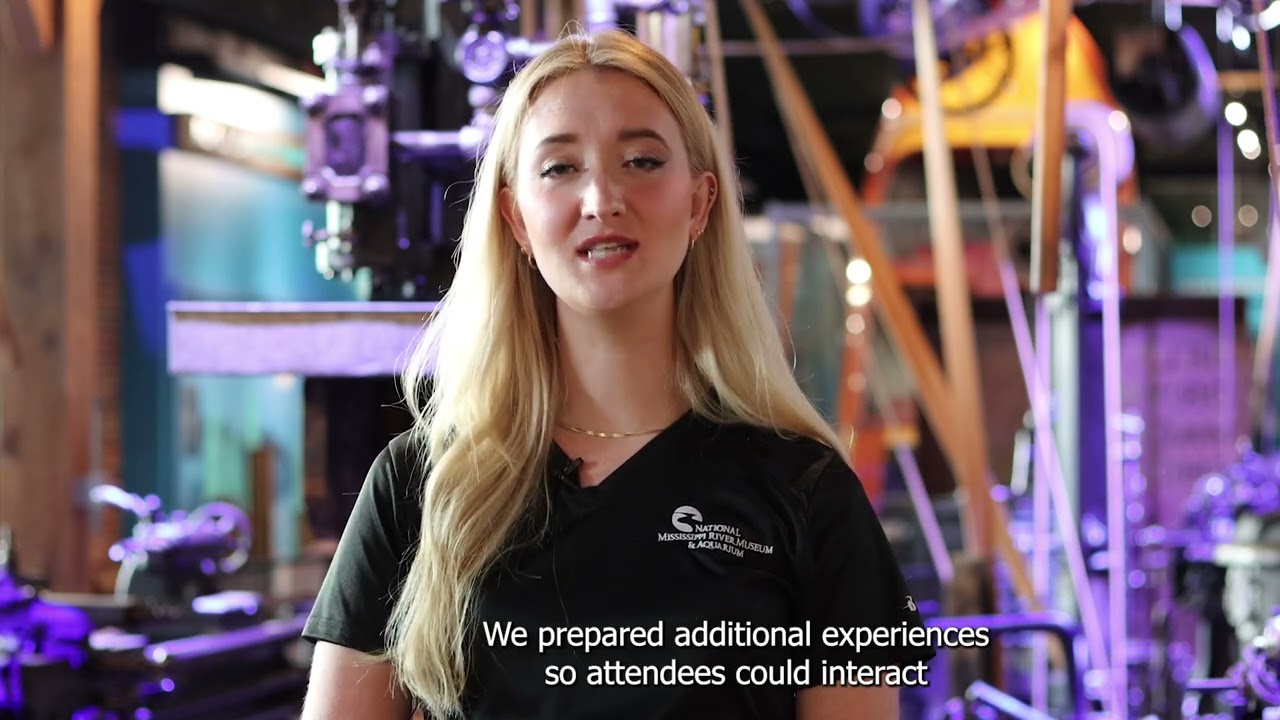- The Focus of 2024 Fund the Need: Accessible Experiences
- The Integration of Accessibility in Zoo Management
- Zoological Insights into Wildlife Conservation Initiatives
- Educational Outreach and Community Engagement
- The Benefits of Accessibility for Wildlife Conservation
The Focus of 2024 Fund the Need: Accessible Experiences
The 2024 Fund the Need initiative, known as "Accessible Experiences," seeks to enhance inclusivity across zoos and wildlife sanctuaries. Accessibility isn’t limited only to physical spaces; it also covers cognitive, sensory, and emotional access to zoological environments. This initiative is role-playing a crucial part in making wildlife education more inclusive, allowing for personal connections with nature regardless of individual limitations.
The primary goal is to provide barrier-free access to wildlife experiences for everyone. This involves redesigning zoo layouts and exhibits with multi-sensory interfaces, real-time captioning of educational videos, and multisensory presentations. This isn’t merely about following compliance laws; it’s about creating environments where individuals of all abilities can engage with, learn from, and enjoy wildlife in a meaningful way.
The Integration of Accessibility in Zoo Management
Incorporating accessibility into zoo management revolves around understanding the diverse needs of visitors. Zoological institutions are broadening their horizons by implementing sensory-friendly events and equal opportunities for exploration. They prioritize tactile experiences, such as touchable exhibits and audio guides, which are immensely beneficial for visually impaired visitors. Additionally, using clear braille signage and sensory pathways enhances the visit for those with limited sight.
Another facet of integrating accessibility involves staff training. Educating zoo personnel informs them about the needs of diverse populations and empowers them to assist visitors effectively. It makes the institution a more welcoming and enjoyable space for everyone. By embracing accessibility, zoos lay the foundation for a future where inclusivity is woven into every level of management and operation.
Zoological Insights into Wildlife Conservation Initiatives
Wildlife conservation remains a pivotal focus in today’s zoological efforts. The 2024 Fund the Need initiative intertwines accessibility with conservation knowledge, effectively harnessing inclusivity to drive conservation goals. By providing easier access to information on endangered species, breeding programs, and habitat loss, zoos enable a larger audience to engage with and support conservation missions.
The initiative also leverages technology to bring wildlife education to the forefront. Live streaming from remote cameras in animal enclosures offers an unparalleled view of animals’ natural behavior. These streams are accessible with audio narrations and sign language, ensuring a comprehensive educational experience. This collaborative approach not only enriches the visitor experience but fosters collective responsibility towards wildlife preservation.
Educational Outreach and Community Engagement
Promoting conservation through accessibility enhances educational outreach efforts in unique ways. By focusing on varied learning needs, zoos can engage wider audiences with interactive learning programs. Schools, community groups, and organizations are pivotal in advocating these accessible experiences, fostering an appreciation for the diversity of life on our planet.
The broader community gains value through collaborative events hosted by zoos, promoting both animal welfare and awareness. Interactive workshops and virtual tours tailored for classrooms and institutions enhance community knowledge about biodiversity and conservation needs. By creating inclusive educational experiences, zoos ensure the message of conservation resonates across different segments of society, encouraging a shared commitment to preserving wildlife.
The Benefits of Accessibility for Wildlife Conservation
Accessibility extends beyond visitor enjoyment; it plays a significant role in enhancing wildlife conservation efforts. When zoos provide accessible experiences, they bridge the gap between animals and people. This bond often leads to increased support for conservation projects and funding initiatives aimed at preserving habitats and species.
As people connect emotionally with wildlife, they are more likely to support conservation efforts financially or volunteer their time. Accessible experiences can transform passive observation into active participation. Whether through attendance or donations, every interaction helps bolster conservation missions. By fostering these connections, zoos ensure the sustainability of their efforts to conserve the richness of the natural world for future generations.
The 2024 Fund the Need: Accessible Experiences initiative exemplifies how inclusive design can elevate both educational and conservation objectives in zoo management. By bringing accessibility to the foreground, the initiative promises diverse benefits for visitors and wildlife alike, empowering communities to champion a unified commitment to conserving the diversity of life on Earth.
*****
Source Description
At the 2024 Captain’s Ball, the Dubuque County Historical Society shared the Fund the Need for accessible programming and experiences. The video highlights the community partnerships that helped the National Mississippi River Museum & Aquarium lay the foundation to increase these offerings and create an experience all guests and staff can enjoy.


